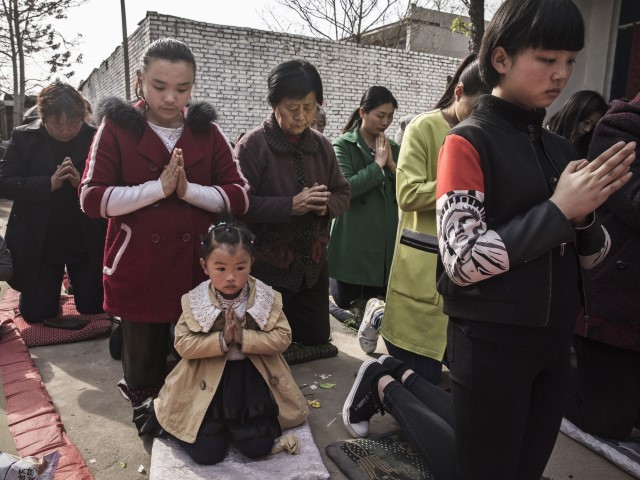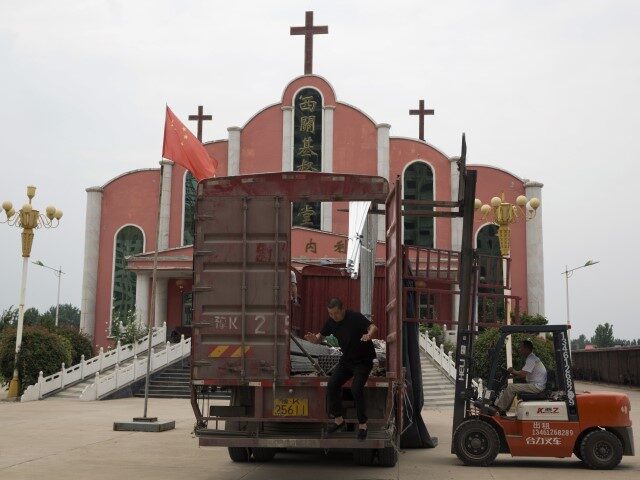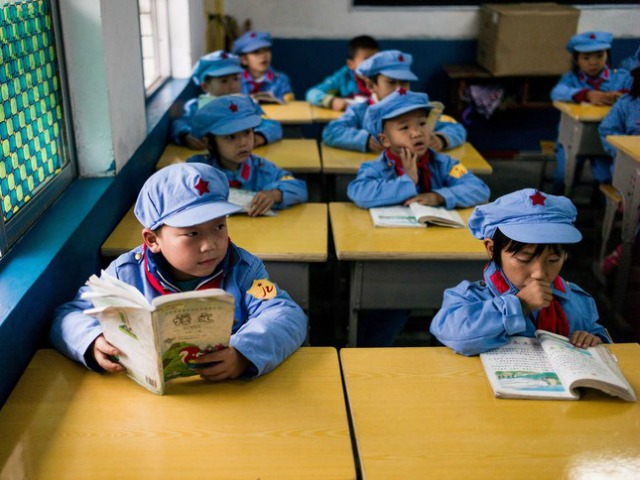The Chinese government recently published a draft version of the 2023 “Administrative Measures for Religious Activity Venues,” a set of restrictions on religion that are even tighter than the 2005 rules they will supersede.
Among other changes, a house of worship will now be required to demonstrate it “supports the leadership of the Chinese Communist Party, supports the socialist system,” and “carries out in-depth implementation of Xi Jinping Thought” to maintain its license to operate.
Xi Jinping Thought is the political philosophy of the current Chinese dictator. It has been written into the Chinese constitution and incorporated into the Chinese Communist Party’s rulebook, to the exclusion of all other ideologies, even the writings of Chinese Communist Party founder Mao Zedong. Xi Jinping Thought is mandatory reading for schoolchildren and taught in college as though it were a great work of literature.
The new regulations require religious institutions to energetically embrace “Sinicization,” which means hollowing out the religion and replacing it with Chinese Communist Party dogma.
“Note that it is not enough to refrain from dissent. Places of worship, whose ‘liquidation’ is made quicker and easier, should actively preach ‘love for the motherland, and support for the leadership of the CCP and the socialist system,’” observed China watchdog site Bitter Winter on Friday.
The 2023 regulatory update requires all houses of worship to promote the “national language,” a clear burden on groups like the Tibetan Buddhists and Uyghur Muslims.
In those restless areas, religious institutions will be required to preach “national consciousness, civic awareness, awareness of the rule of law, the correct distinction between ethnic customs and religious beliefs, and shall not use religion to interfere with administrative, judicial, educational and social life.”
In December 2021, China banned all foreign individuals and organizations from “spreading religious content online,” an unprecedented act of oppression that was apparently motivated by Western criticism of Chinese human rights offenses against the Uyghurs.
On Tuesday, the Catholic News Agency (CNA) reported that parents in the city of Wenzhou were ordered to sign documents renouncing their religious faith in order to keep their children in school.
“In the past, the higher-level education department made it compulsory for kindergartens not to be superstitious and not to participate in cult organizations but did not mandate kindergarten children’s families not to believe in religion or participate in any religious activities,” a Chinese preschool teacher anonymously told CNA.
CNA noted that Wenzhou banned children from attending religious services in 2017, and banned most civic employees from holding religious beliefs in 2018. Much of this oppression was directed at the Longwan district of the city, which has a 10% Christian population, about ten times the Chinese national average.

(CHINA OUT) Chinese Catholic worshippers kneel and pray during Palm Sunday Mass during the Easter Holy Week at an “underground” or “unofficial” church on April 9, 2017, near Shijiazhuang, Hebei Province, China. China, an officially atheist country, places a number of restrictions on Christians, allowing legal practice of the faith only at state-approved churches. The policy has driven an increasing number of Christians and Christian converts ‘underground’ to secret congregations in private homes and other venues. (Kevin Frayer/Getty Images)


COMMENTS
Please let us know if you're having issues with commenting.